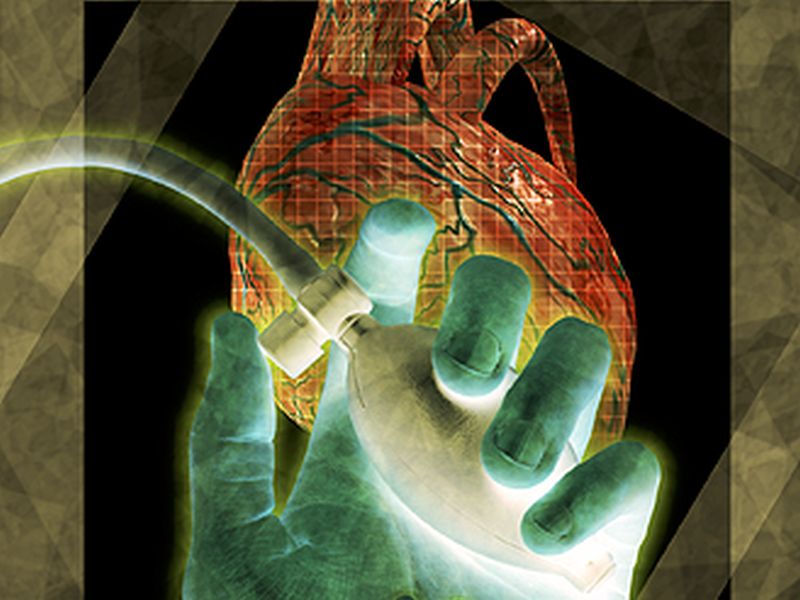
From cappuccinos to cold brew, coffee is a morning must for many Americans, but is it healthy and how much is too much? A University of South Australia study suggests a couple of cups to start your day probably won’t hurt — and may even be good for you. But drinking six or more cups… read on >




























